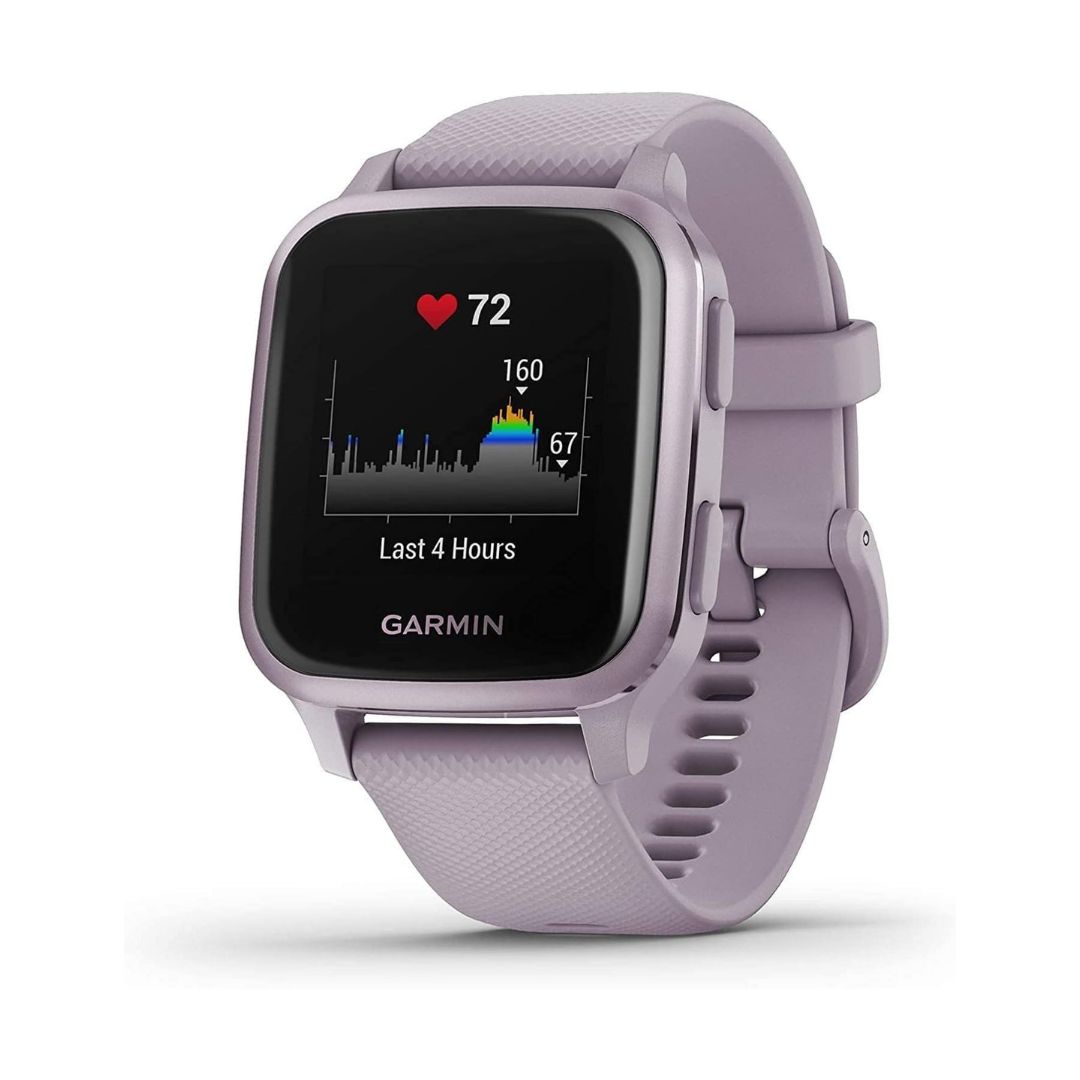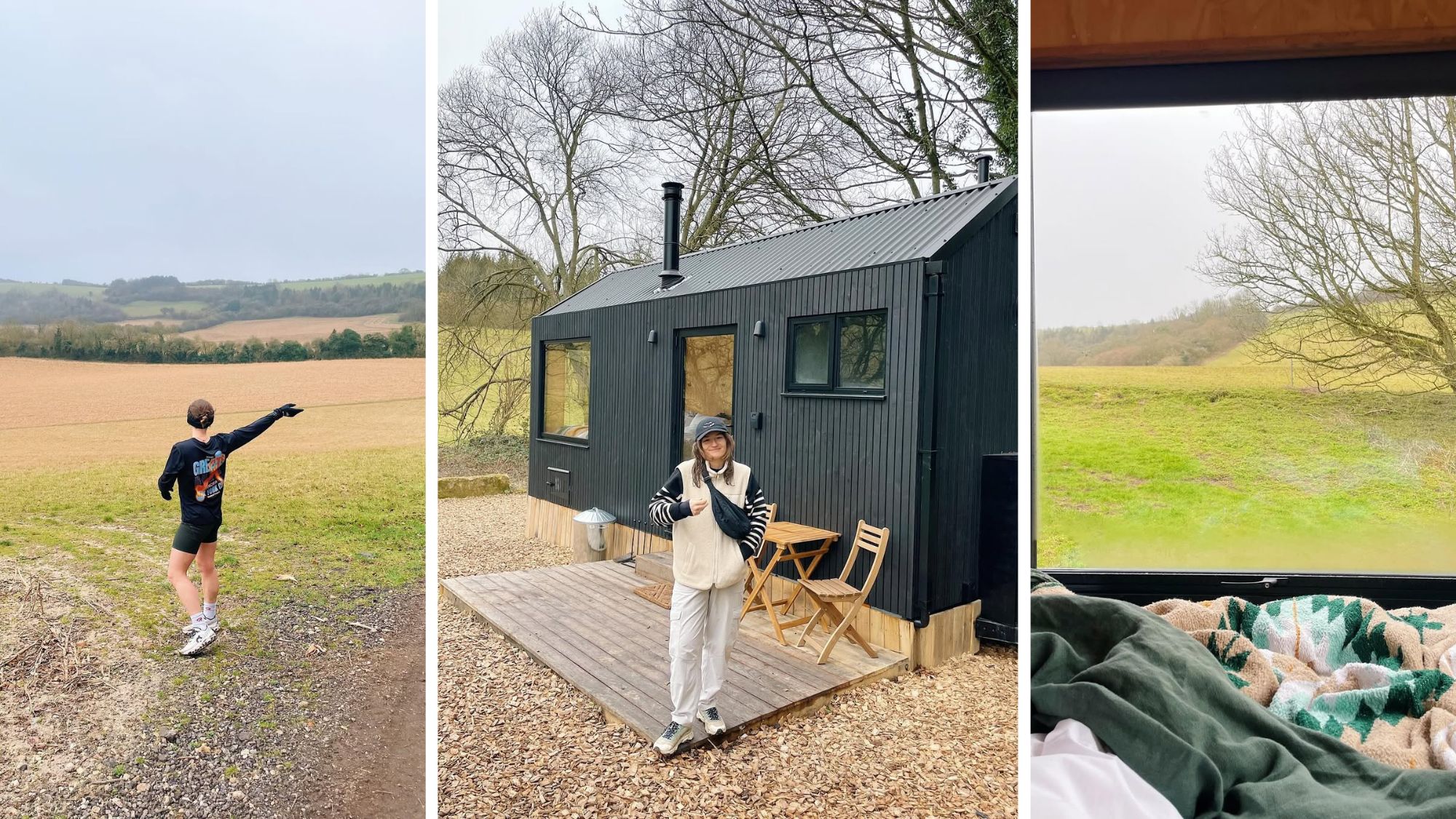
Rewind a couple of months and, far from my usual back-to-back weeks of meetings, press events and central London river runs, you'd have found me in a cabin deep in the woods in South East England.
Nestled in the heart of a forest, I was surrounded by woodland as far as the eye could see. By day, the only noise I heard was the cacophony of birdsong, leaves rustling and trees swaying, plus the tuneful whistle of the hob kettle when I made mugs of tea. Come evening, crystal clear indigo skies sparkled to the soundtrack of tawny owls.
There was no signal and you were actively encouraged to leave your phone behind for the weekend, using it only in emergencies and for guidance on local hiking routes.
Sound idyllic, right? I'd agreed to the weekend knowing how much nature boosted my mood, but excited to see just how zen I'd feel after a weekend unplugged. I live in Central London, as I mentioned, and it's rare you get a moment of quiet even when scoping out the best urban trail runs and nature walks.
My learnings from the weekend were invaluable, and - no surprise here, really - a few days spent totally immersed in nature made me feel unbelievably calm, clear-headed, and optimistic about my future. Taking some time out specifically spent totally off-grid switched a much-needed reset button and allowed me to observe the stresses of daily life from afar.
Interestingly, findings from AllTrails and Unyoked have backed up my zen-like, soothed state. Their recent Global Nature study observed more than 400 participants, all of who'd spent a weekend off grid and a total of more than 17,000 hours in nature. The findings? Spending time outside is 47% more effective at reducing burnout and 51% more effective at improving wellbeing than mindfulness. The standout stat? 95% of study participants felt an improved sense of well-being after their stay.
During a year where the nation's mental health has undoubtedly taken a hit - a 2024 study of 2000 participants conducted by Forth shared that more than one in seven UK adults say their mental health is currently either bad or the worst it’s ever been, with women struggling more than men (18.5% of women vs 12.5% of men) - finding cheap, effective and immersive ways to boost our mental wellbeing are key. "Mental health and burnout are huge challenges for many people, and nature can help us recover and heal," shares Dr. Suzanne Hackenmiller, Chief Medical Advisor at AllTrails. “Time outside can be beneficial in counteracting anxiety and depression, aiding good sleep, and reducing stress - whether it’s a week off-grid or a daily habit of finding time on the trail.”
Celebrity news, beauty, fashion advice, and fascinating features, delivered straight to your inbox!
Wondering why I'm writing this now, at a time when booking a weekend away at a remote off-grid cabin might be optimistic at best? Well, it's undoubtedly one of the busiest times of the year and, with the joy and goodwill can come overwhelm and stress for many. Below, I share four invaluable tips I learnt from my off-grid, unplugged weekend, hoping that you can take them with you into the silly season ahead. Don't miss our guides to the best stress supplements and essential oils for stress, as well as explainers on how to reduce stress and how to relax, while you're at it.
4 invaluable lessons I learnt spending a weekend off grid - and how to incorporate them into your Christmas to boost daily calm
1. Nature really is the number one healer
It's probably no news that nature is a healer, right? It's been lauded as a way to boost calm and wellbeing for centuries and yet, with more people than ever living in busy, congested cities, I know I'm not the only one who spends less time surrounded by green than I'd like.
The global study from AllTrails and Unyoked is interesting, though, putting into numbers just how significant time spent in nature can be for your individual wellbeing, with participant's overall wellbeing seeing a 12.7% improvement on the Short Warwick Edinburgh Mental wellbeing scale (SWEMWBS).
Take my stay earlier this year, as an example. It'd been a particularly busy work month and by putting myself in a situation where I was physically unable to check my work notifications (read: absolutely zero signal), I forced my body and mind to have a break and unwind.
Try this: If you're feeling overwhelmed this Christmas, block out half an hour on your lunch to walk to your local park or green space. Put your phone on aeroplane mode and try to notice the sounds, sensations and smells around you. Sure, it might not be an entire weekend switching off, but you'd be amazed at how effective even a half-hour fresh air break can be at boosting not only calm and happiness but also concentration, too. More in point two...
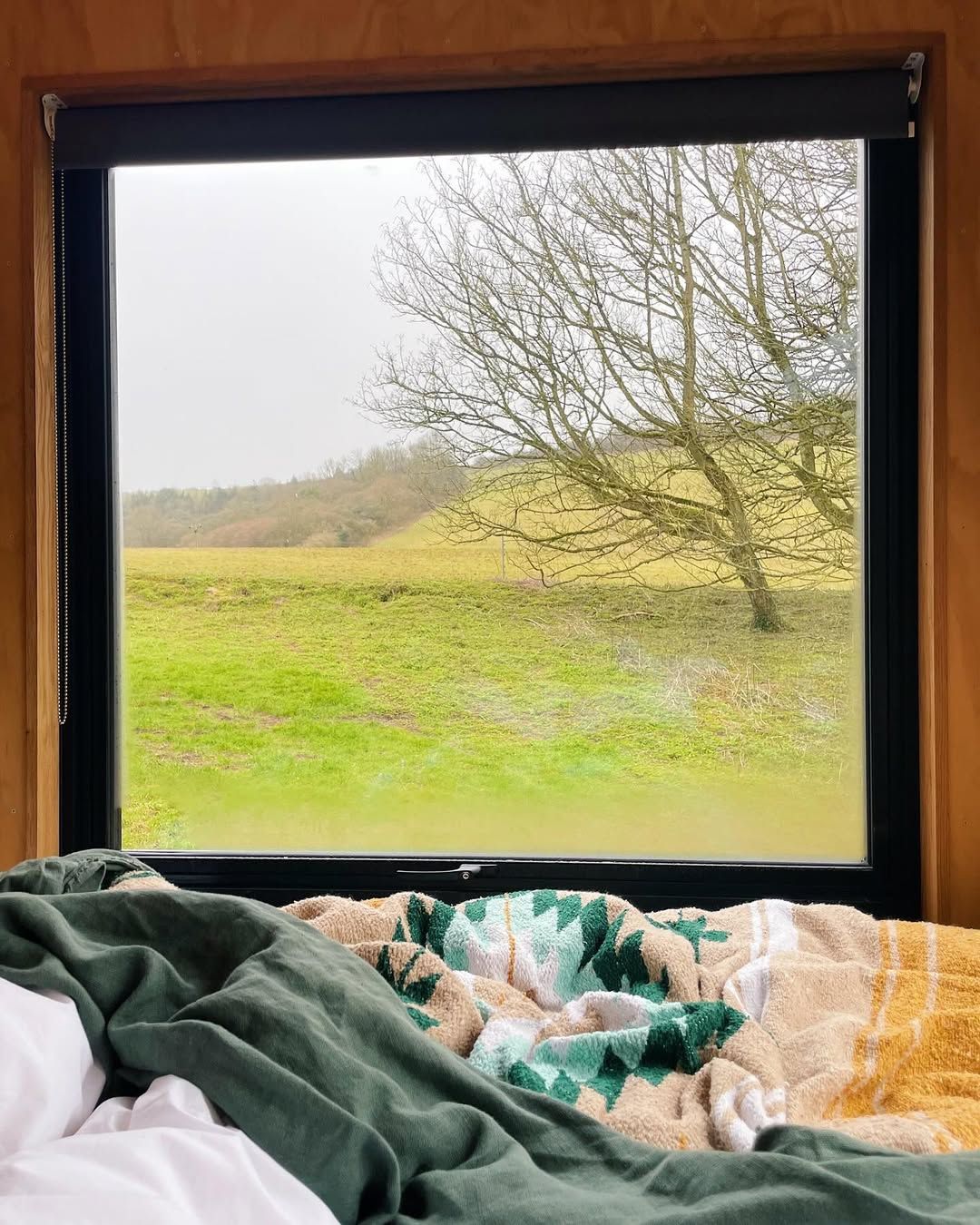
2. Spending time in nature can actually boost your concentration, too
My colleagues will agree that I'm constantly raving about fresh air as the simplest way to boost concentration. I often have my best work ideas when I'm not even actively thinking about work, rather, giving my brain the R&R it needs to function at its best.
This leads me to point two and one of the most surprising observations from our off-grid stay nicely. I was really amazed by how much more focused I felt after a few days of total immersion in nature. And I wasn't alone, with the study predicting that spending time in nature can reduce absenteeism (unplanned days off work) by nearly two whole days per person a year.
It almost sounds counter-productive, doesn't it? Not engaging with work at all in order to be able to work at your best. But it's a sentiment that has been scientifically proven time and time again, with rest being heralded as one of the simplest ways to minimise distraction and boost relaxation.
“The paper’s notable findings as to the restorative benefits of nature align with research found in ecotherapy - a growing field in clinical psychology and mental health," Dr Aileen Alegado, an Unyoked ambassador and clinical psychologist, shares.
Remember that, when you're hunched over your laptop at 4 pm come Christmas Eve..
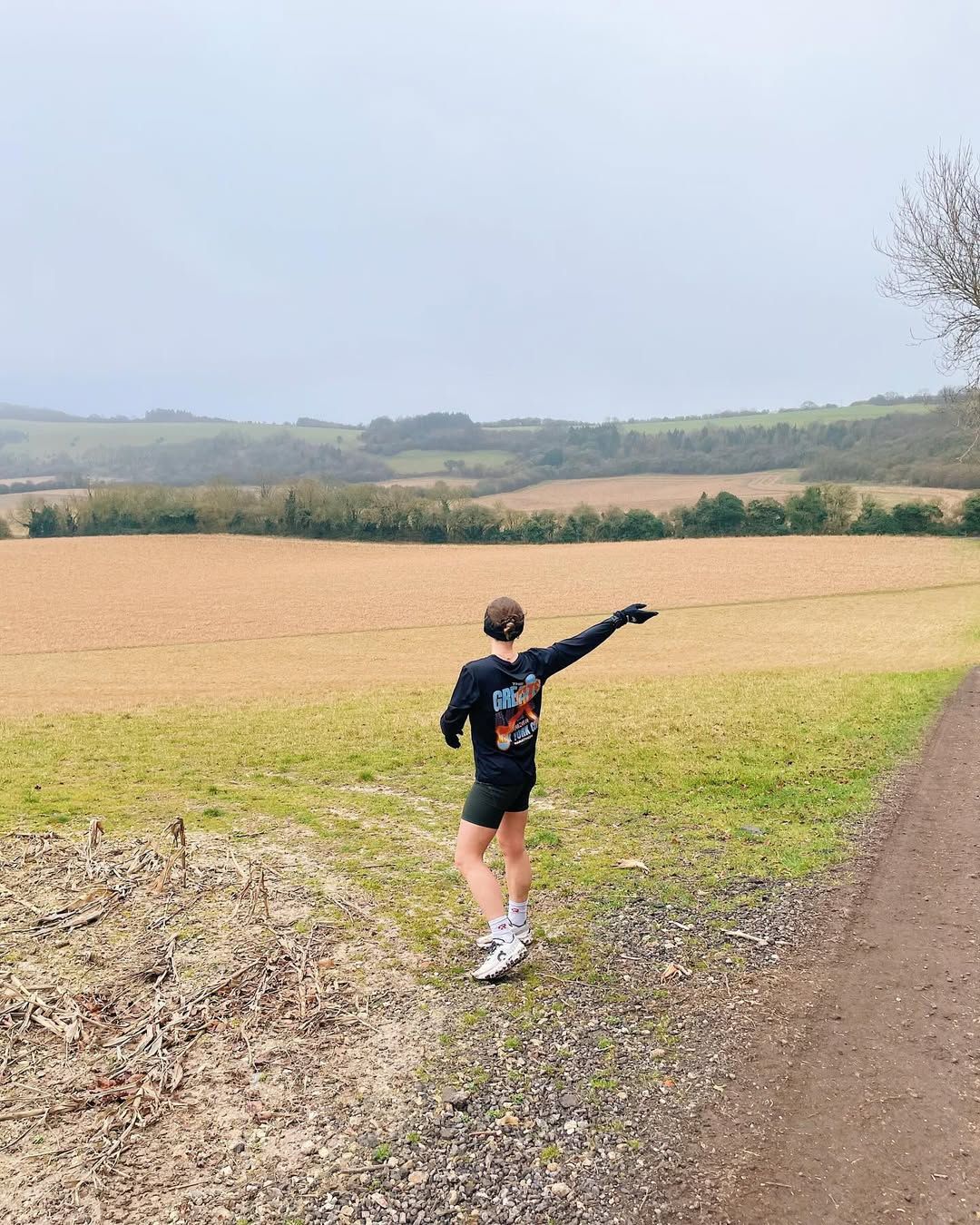
3. Wellness doesn't have to cost the earth
I'm a huge advocate for working out what works for you when it comes to wellbeing - what makes you feel your best will likely be different to, say, your best friend, as your bodies are different.
That said, one of the most interesting findings to come from the study, in my opinion, was how much nature impacted participant's mental wellbeing compared to other popular wellness interventions.
Case in point: the study found that time in nature decreased burnout by 16.1%, making it 25 to 40% more effective than popular tools like mindfulness, meditation and yoga and 30% more effective than the commonly used therapy method Cognitive Behavioural Therapy (CBT).
"Nature-based therapies not only yield significant improvements in measures of wellbeing but could deliver superior outcomes compared to well-established interventions like mindfulness and CBT," continues Dr Alegado. "This gives clinicians like myself confidence to advocate for nature-based interventions and look at how ecotherapy can be integrated into mainstream mental health treatments, offering a holistic approach to care or preventatively, into employee wellness programs to foster a resilient workforce that could lead to reduced cases of burnout."
This isn't me saying that adding a weekly hike to your rotation should ever be a replacement for qualified medical intervention if you know you're struggling with your mental health. But it is an indication that getting outside, switching off and leaving the screens behind could be a great affordable antidote if you're feeling a little blue.
Immersing yourself in nature is free, after all, while the likes of therapy, gym classes, and tailored nutrition plans - all brilliant ways to boost wellbeing and overall health - will be slightly pricier. All are effective - it's simply about working out what works best for you.
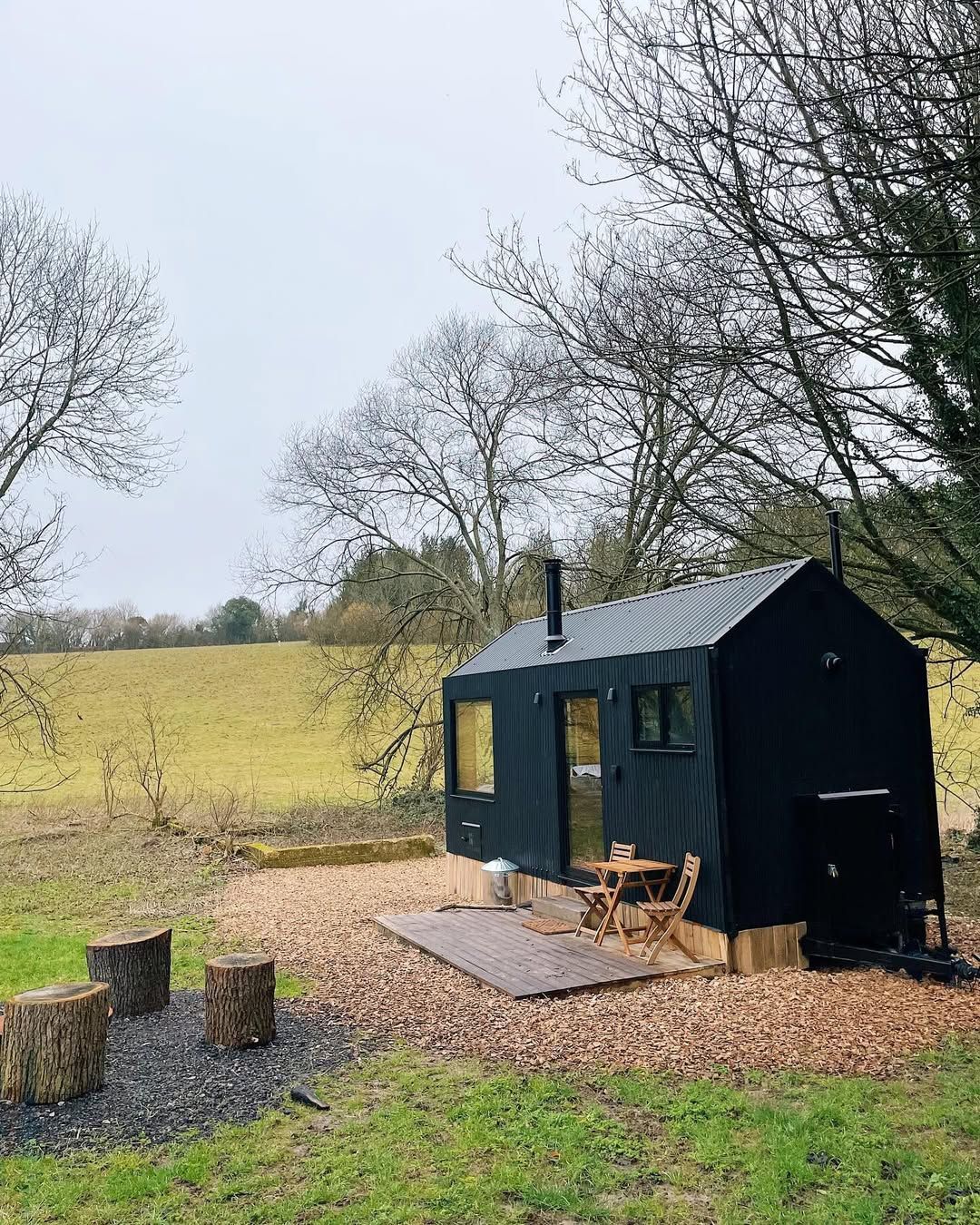
4. Switching off your devices can have a profound impact on your mental health
Again, you're likely aware that going on your phone less is pretty revolutionary for your mental wellbeing. But physically forcing myself to live signal-free for a weekend gave me time to breathe and, most importantly, reminded me that the 101 email notifications I'd been prioritising over my own wellbeing could wait.
A report from the World Health Organisation this year reported a "sharp rise" in problematic social media use among adolescents, with rates increasing from 7% in 2018 to 11% in 2022. They said the findings "raise urgent concerns about the impact of digital technology on the mental health and well-being of young people", with overuse of social media linked to less sleep and poorer overall health.
While the findings were about children and teenagers specifically, we're all too dependent on our smartphones. I know I'm guilty of forgetting to look up and actually take in my surroundings, and forcing yourself to find the time for it will only improve your state of mind.
Try this: Why not have a social media or phone-free break this Christmas? I delete all social media apps every year and love that it allows me to spend quality time with my family without mindlessly scrolling to see what the rest of the world is up to.
Shop MC UK approved fit kit now:

Hands down one of the best sports bras on the market, Sweaty Betty's iconic Power design is next-level supportive while still being comfortable and comes in sizes 30A to 38F.

Ally is Marie Claire UK's Senior Health and Sustainability Editor, a well-regarded wellness expert, ten-time marathoner, and Boston Qualifying runner.
Utilising her impressive skillset and exceptional quality of writing, she pens investigative, review and first-person pieces that consistently demonstrate flair and originality.
As well as writing, Ally manages a team of freelancers, oversees all commissioning and strategy for her pillars, and spearheads the brand's annual Women in Sport covers, interviewing and shooting the likes of Mary Earps, Millie Bright, and Ilona Maher. Shortlisted for three BSMEs and winning one in 2022, Ally lives and breathes her verticals: her eye for a story and connections within the wellness sphere are unrivalled. Follow Ally on Instagram for more.


